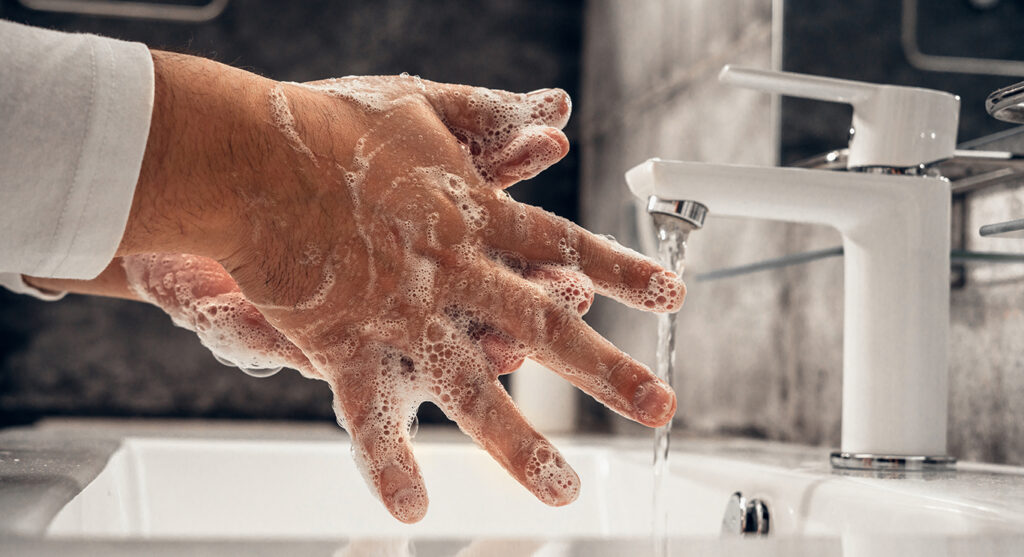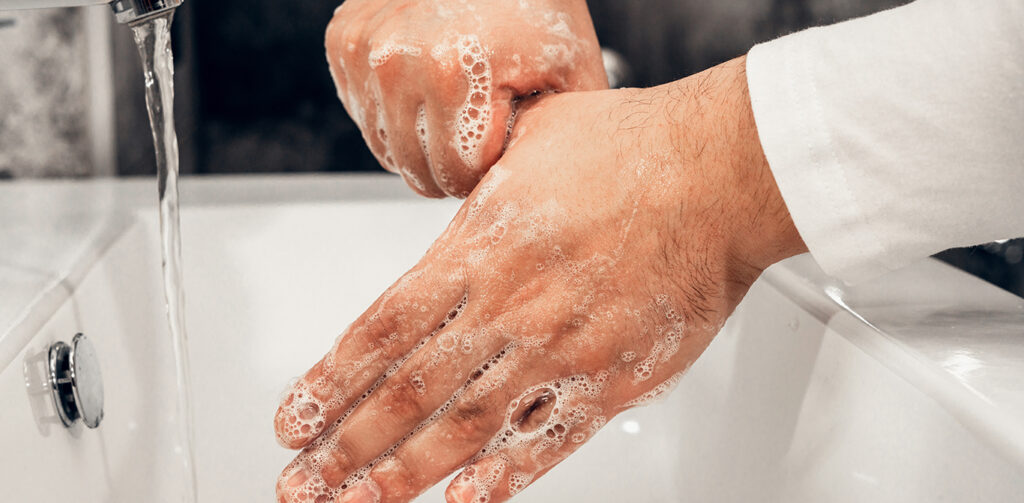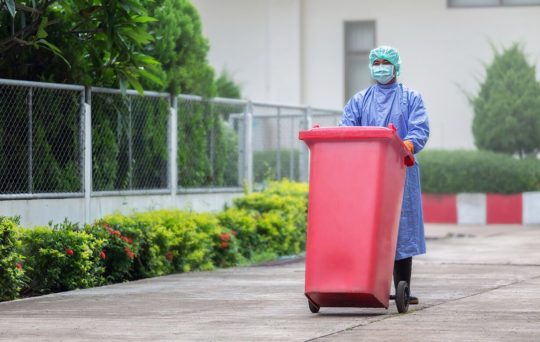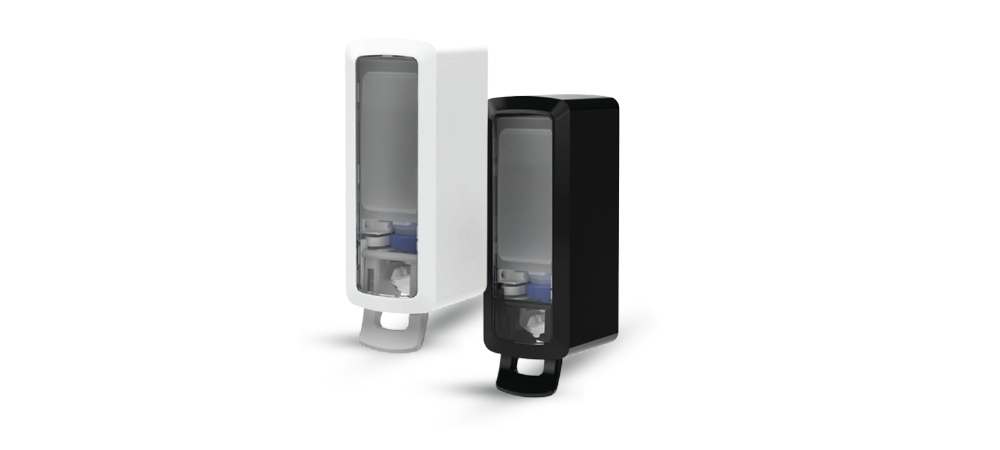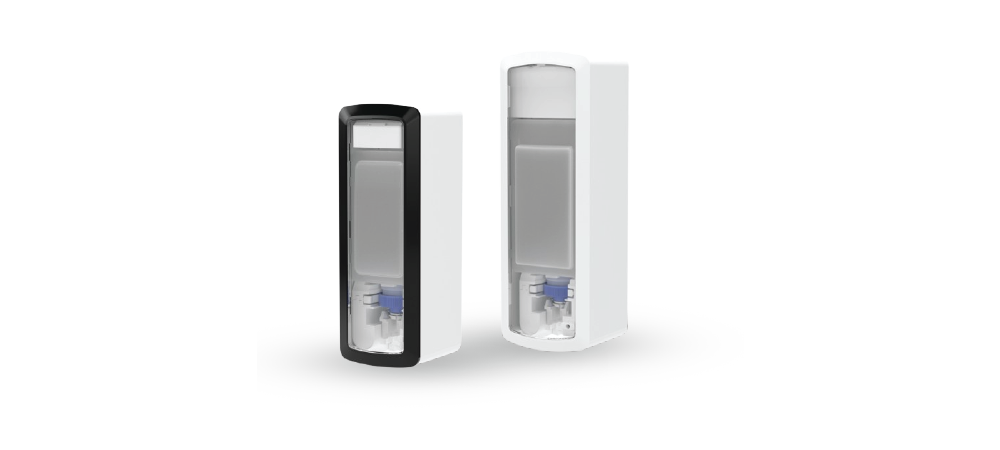Hand hygiene is one of the simplest yet most effective ways to prevent infections. Our hands come into contact with countless surfaces daily, accumulating bacteria and viruses that can cause illness. Proper hand hygiene can significantly reduce the spread of infectious diseases.
Why Is Hand Hygiene Important?
Hands are the primary way germs are transmitted from person to person.
Touching our face, food, or other people with unwashed hands increases the risk of spreading harmful pathogens.
Best Handwashing Practices
- Use clean, running water and soap.
- Scrub hands for at least 20 seconds.
- Ensure thorough cleaning of palms, back of hands, between fingers, and under nails.
- Rinse hands properly and dry them with a clean towel.
When Should You Wash Your Hands?
- Before and after eating.
- After using the restroom.
- After coughing, sneezing, or blowing your nose.
- After touching shared surfaces.
Conclusion
Regular handwashing is a simple habit that can save lives by reducing the transmission of infections.


